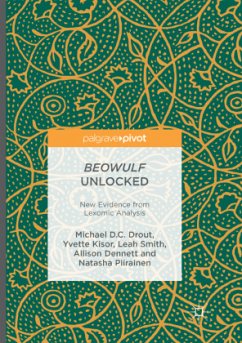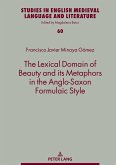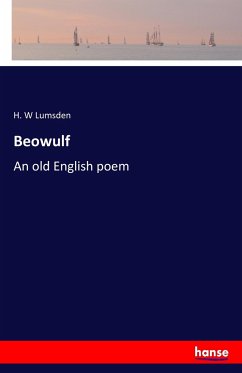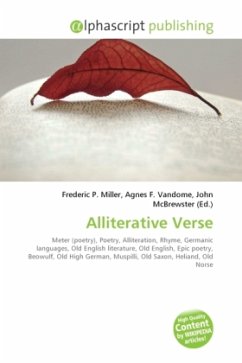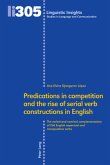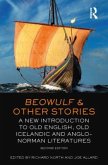The most original and ground-breaking work on Beowulf in several decades, this book uses "lexomic" methods that blend computer-assisted statistical analysis with traditional approaches to reveal new and surprising information about the construction and sources of the greatest surviving Old English poem. Techniques of cluster analysis identify patterns of vocabulary distribution that indicate robust similarities and differences among segments of the poem. The correlation of these patterns with knowledge gained from source-study, philological analysis, and neglected previous scholarship sheds new light on the material of which Beowulf was made and the way it was composed. The implications of this investigation for the dating, structure, and cultural context of Beowulf will overturn the current scholarly consensus and significantly improve our understanding of the poem, its nature, and origins.
Bitte wählen Sie Ihr Anliegen aus.
Rechnungen
Retourenschein anfordern
Bestellstatus
Storno

